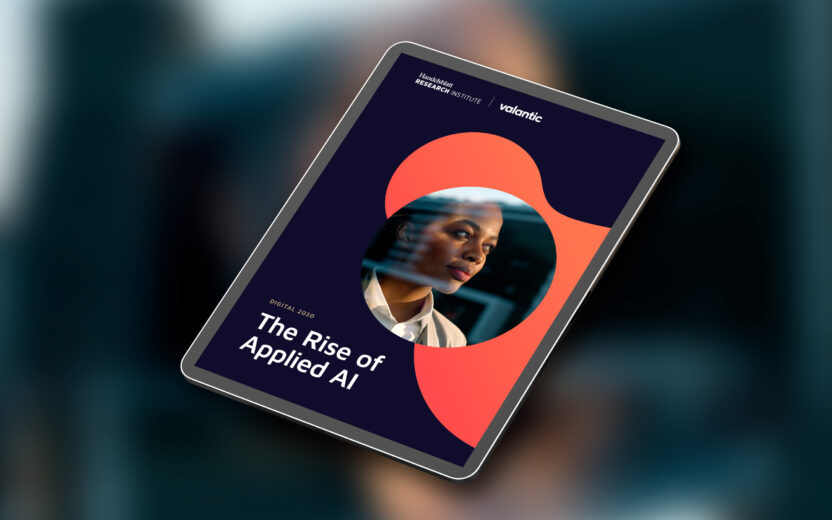The automotive industry is facing new challenges. “These include new drive technologies, materials from lightweight construction that are more complex to process and making production more flexible,” says Prof. Dr. Alexander Schiendorfer from Ingolstadt University of Applied Sciences. His field of teaching is AI-based optimization in automotive production.
“Artificial intelligence software tools are reaching an ever higher level of maturity,” says the AI expert. Supported by relevant data, AI can be used to carry out or completely automate numerous routine activities that were previously only possible with human hands.
The reward for the effort is efficient and resource-saving automotive production. Schiendorfer finds particularly suitable applications in the AI-supported forecasting of rejected parts, automated fault diagnosis and the optimized control of entire production processes.
In fact, intelligent process monitoring in production, for example in the quality-enhancing prediction of rejected parts or in predictive maintenance, is one of the most important topics that AI experts are working on in research and that is being tested in the automotive industry. Smart predictive maintenance reduces production machine downtimes to almost zero, resulting in better processes and more satisfied customers.



